Introduction

Sudden death in birds is a distressing occurrence characterized by the unexpected demise of a bird without prior signs of illness or distress. In this article, we will explore the definition of sudden death in birds, investigate its potential causes, and provide an overview of the subsequent sections.
Definition of Sudden Death in Birds
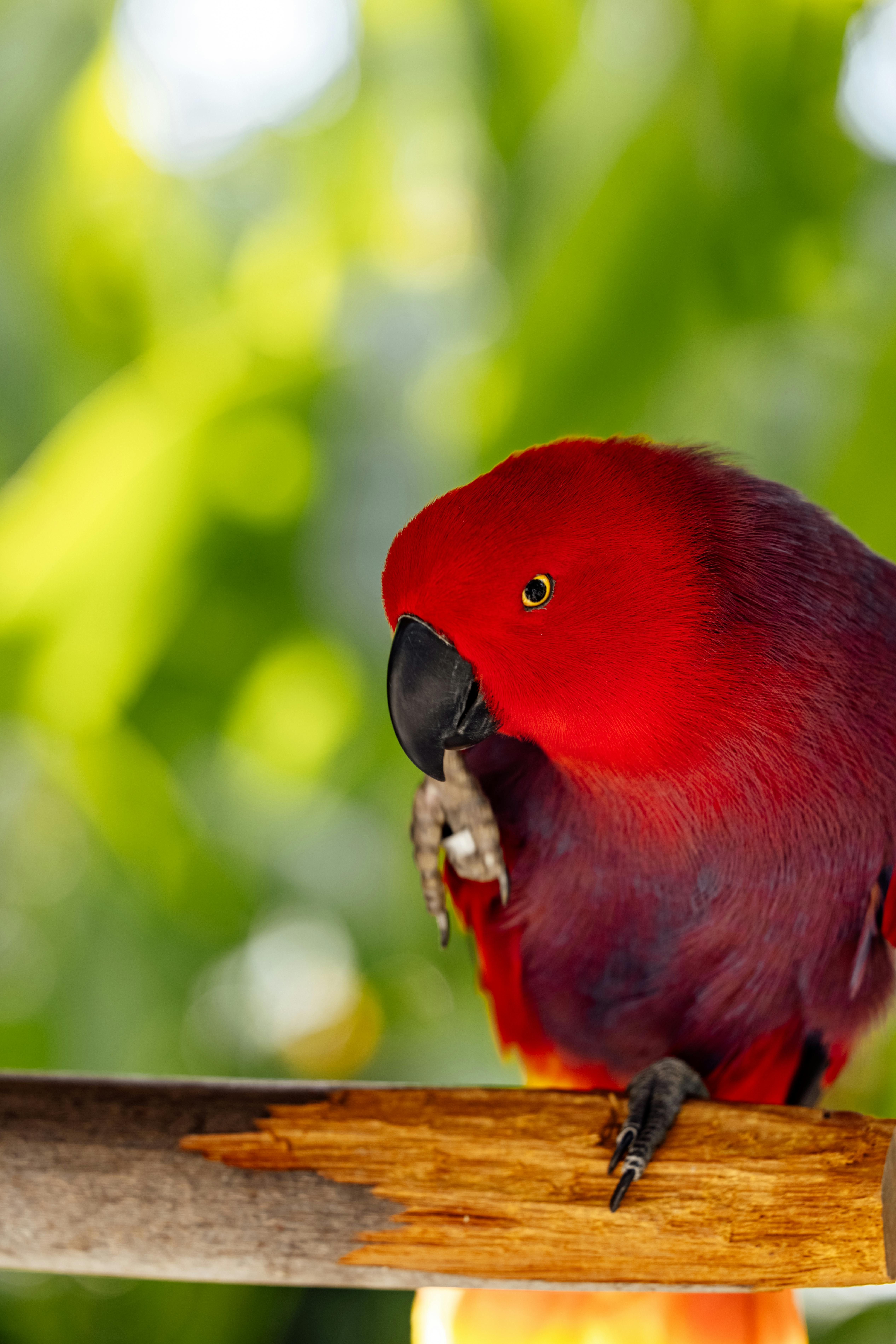
Sudden death in birds refers to the unforeseen demise of a bird without evident indications of illness or distress. It catches bird owners off guard and necessitates investigation to determine the underlying cause.
Understanding the Causes of Sudden Death in Birds

Several factors contribute to sudden death in birds. Understanding these causes is crucial for identifying risks and implementing preventive measures. Common contributors include:
-
Trauma: Fatal injuries from collisions, falls, or predator attacks can lead to immediate death.
-
Disease or Infection: Viral or bacterial infections can result in sudden death without noticeable symptoms.
-
Toxicity: Exposure to toxic substances like household chemicals, certain plants, or lead-based materials can prove fatal.
-
Internal Organ Failure: Sudden cardiac or respiratory failure, often without warning signs, can be caused by underlying health conditions or genetic predispositions.
-
Environmental Factors: Extreme temperatures, poor air quality, or inadequate living conditions can contribute to sudden death in birds.
-
Nutritional Deficiencies: Improper diet or lack of essential nutrients weakens a bird’s immune system, making them more susceptible to sudden death.
Overview of the Article
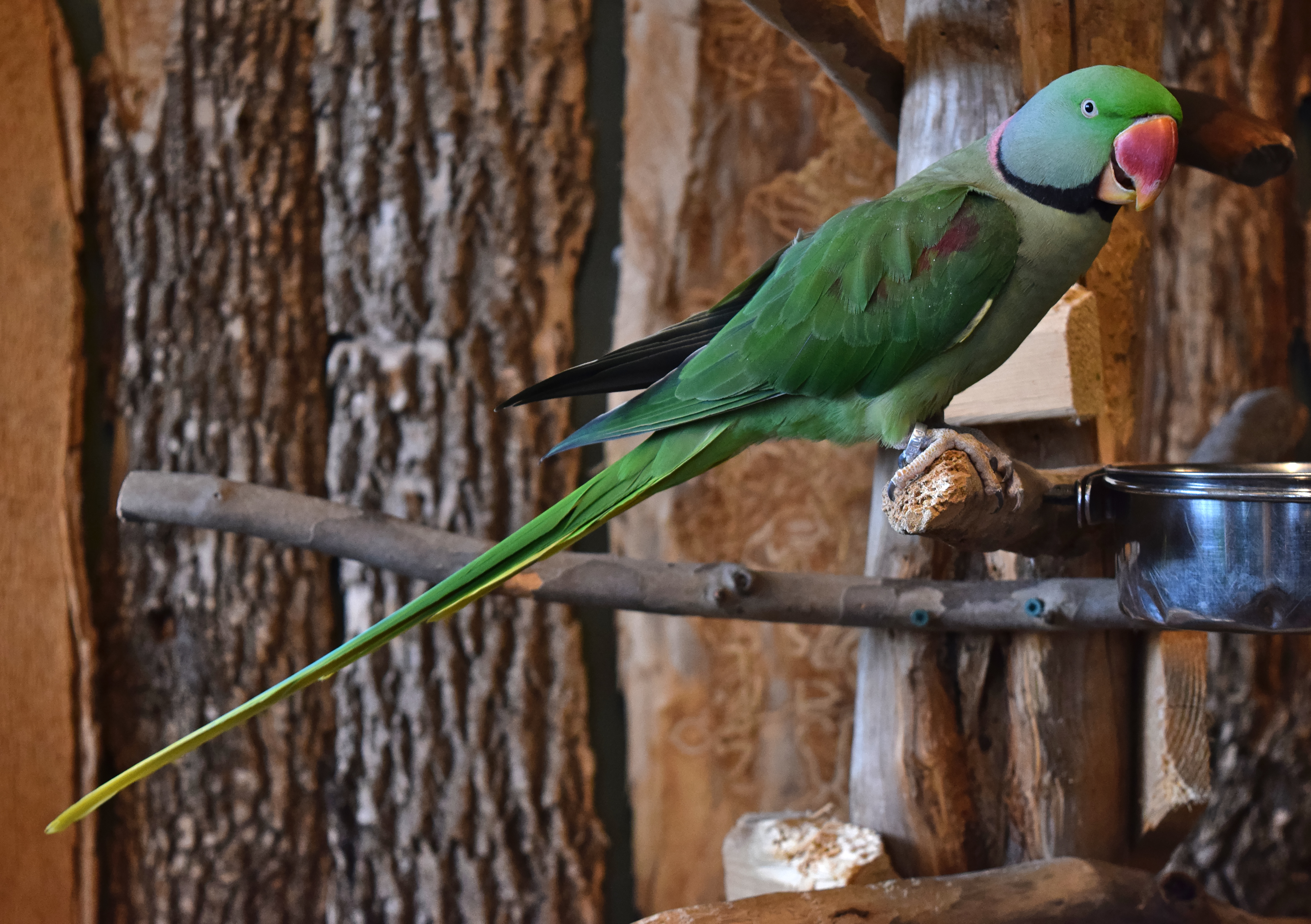
This article sheds light on sudden death in birds, exploring its causes in detail. We discuss diagnostic methods used to identify the cause and provide practical tips for prevention. By gaining insights and taking proactive measures, bird owners can safeguard their avian companions’ well-being.
In the following sections, we explore common causes of sudden death in birds, diagnostic procedures, and preventive measures. By the end of this article, you will have a better understanding of this distressing phenomenon and be equipped to provide optimal care for your feathered friends.
Common Causes of Sudden Death in Birds

Sudden death in birds can be caused by various factors, including disease and infection, nutrition and diet, stress, injuries, and poisoning. Understanding these causes is crucial for bird owners to recognize risks and take preventive measures.
Disease and Infection
Birds are susceptible to a range of diseases and infections, some of which can lead to sudden death. Examples include avian influenza, psittacosis, aspergillosis, salmonellosis, and viral infections like polyomavirus and West Nile virus. Birds may not always show visible symptoms before sudden death. Look out for signs such as respiratory distress, lethargy, decreased appetite, feather abnormalities, or sudden death without prior indications of illness.
Nutrition and Diet
Proper nutrition and a well-balanced diet are vital for a bird’s overall health and reducing the risk of sudden death. Birds require a diverse diet that includes fruits, vegetables, seeds, and species-specific pellets. Inadequate nutrition and deficiencies in essential nutrients weaken their immune system, making them more susceptible to diseases. Ensure birds receive a suitable diet tailored to their specific needs.
Stress
Stress can have detrimental effects on a bird’s health and potentially lead to sudden death. Factors like changes in the environment, loud noises, excessive handling, overcrowding, lack of mental stimulation, or the presence of predators can contribute to stress. Prolonged stress weakens the bird‘s immune function, increases susceptibility to infections, and causes physiological imbalances. Reduce stressors and provide a calm and stimulating environment for the bird’s well-being.
Injuries
Injuries are another common cause of sudden death in birds. Accidents, collisions, attacks by predators, or mishandling can lead to severe injuries with fatal consequences. Birds may experience fractures, internal injuries, or severe bleeding resulting in sudden death. Provide a safe and secure environment to minimize the risk of injuries and ensure their physical well-being.
Poisoning
Birds are at risk of poisoning, which can have immediate and fatal effects. Common sources of poisoning include toxic plants, household chemicals, pesticides, heavy metals, and contaminated food or water. Watch for symptoms such as tremors, seizures, weakness, or sudden death if birds have ingested toxic substances. Prevent access to potential toxins and maintain a safe environment to avoid poisoning-related sudden deaths.
Understanding the common causes of sudden death in birds empowers bird owners to protect their feathered companions. By focusing on disease prevention, providing a nutritious diet, reducing stress, creating a safe environment, and minimizing exposure to toxins, bird owners can significantly reduce the risk of sudden death and promote the overall health and well-being of their avian friends.
In the next section, we will explore diagnostic methods to identify the cause of sudden death in birds and discuss preventive measures to safeguard their health.
3. Diagnosing the Cause of Sudden Death in Birds

Determining the cause of sudden death in birds requires a systematic and thorough investigation. Veterinarians and avian pathologists play a crucial role in unraveling the mystery behind a bird’s demise. In this section, we will explore the key steps involved in diagnosing the cause of sudden death in birds.
The Power of a Necropsy
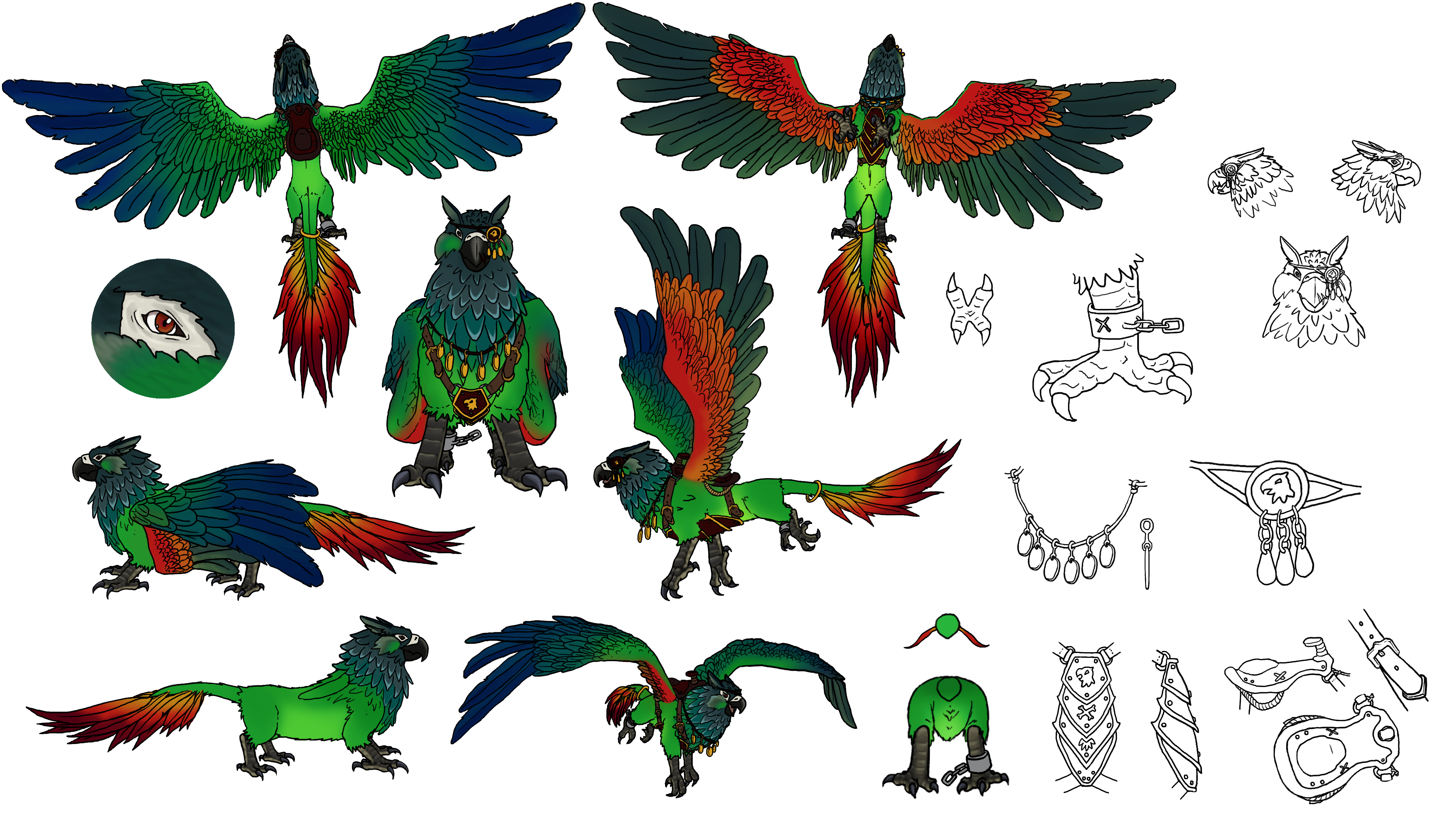
A necropsy, also known as an avian autopsy, is an invaluable tool in understanding the underlying factors contributing to a bird’s sudden death. It involves a comprehensive examination of the bird’s body, organs, and tissues to identify any abnormalities or underlying health issues. By performing a necropsy, accurate diagnosis is possible, enabling the implementation of preventive measures to protect other birds within the same environment.
Typically conducted by a veterinarian or an avian pathologist, a necropsy involves meticulous examination of the bird’s internal and external structures. This examination aims to identify signs of disease, trauma, or toxic exposure. Through careful dissection and microscopic analysis of the bird’s tissues, vital clues can be uncovered, shedding light on the cause of death.
Gathering the Bird’s Medical History
Before conducting a necropsy, gathering relevant information about the bird’s medical history is essential. This includes previous illnesses, treatments, vaccinations, diet, housing conditions, and recent environmental changes. Such information provides valuable insights into potential causes of sudden death.
The bird’s medical history helps veterinarians and pathologists narrow down possible causes and determine appropriate tests to conduct during the necropsy. Understanding the bird’s past health issues and exposure to various factors allows for a more informed approach to unraveling the cause of death.
Investigating the Living Environment

The bird’s living environment significantly impacts its overall health and well-being. Thoroughly investigating the bird’s surroundings is crucial when diagnosing the cause of sudden death. Factors such as temperature, humidity, ventilation, lighting, and the presence of toxins or harmful substances can contribute to sudden death in birds.
Examining the bird’s environment involves identifying potential hazards, assessing air and water quality, and detecting the presence of contaminants. Additionally, investigating the bird’s exposure to chemicals, pesticides, or other toxic substances is essential in understanding their effects on its health.
Collecting Samples for Testing
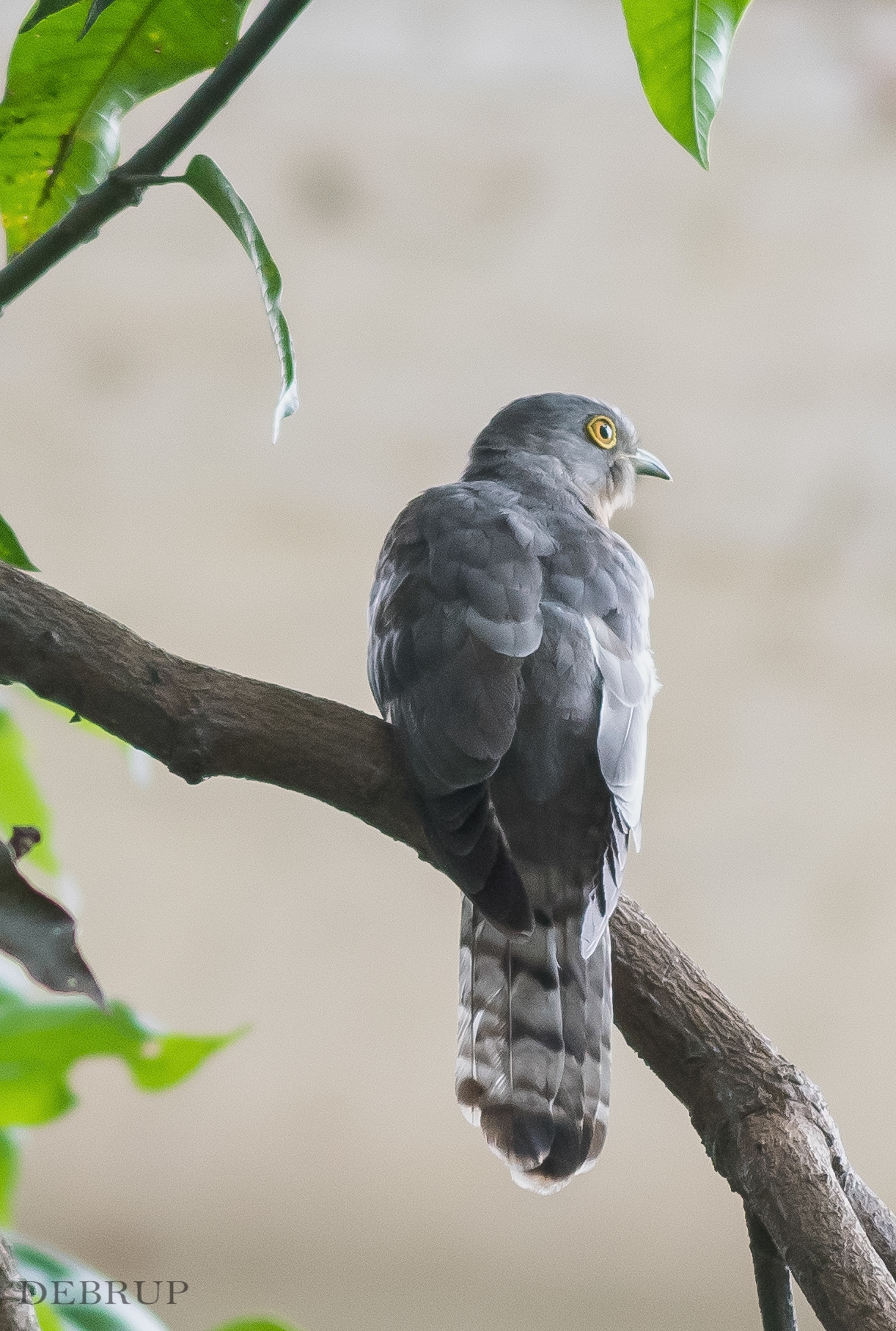
As part of the diagnostic process, collecting samples from the bird for further testing is often necessary. These samples may include blood, feces, organs, or tissues. Through analysis of these samples, veterinarians and pathologists gain a deeper understanding of the bird’s health status and potential causes of sudden death.
The collected samples undergo various laboratory tests, such as microbiological cultures, histopathology, or toxicology screenings. These tests help identify specific pathogens, abnormalities, or the presence of toxins that may have contributed to the bird’s sudden death. Consequently, the results of these tests guide further investigation and aid in implementing appropriate preventive measures.
In the next section, we will delve into strategies and practices to prevent sudden death in birds. These proactive measures will focus on safeguarding their health and well-being.
Preventing Sudden Death in Birds
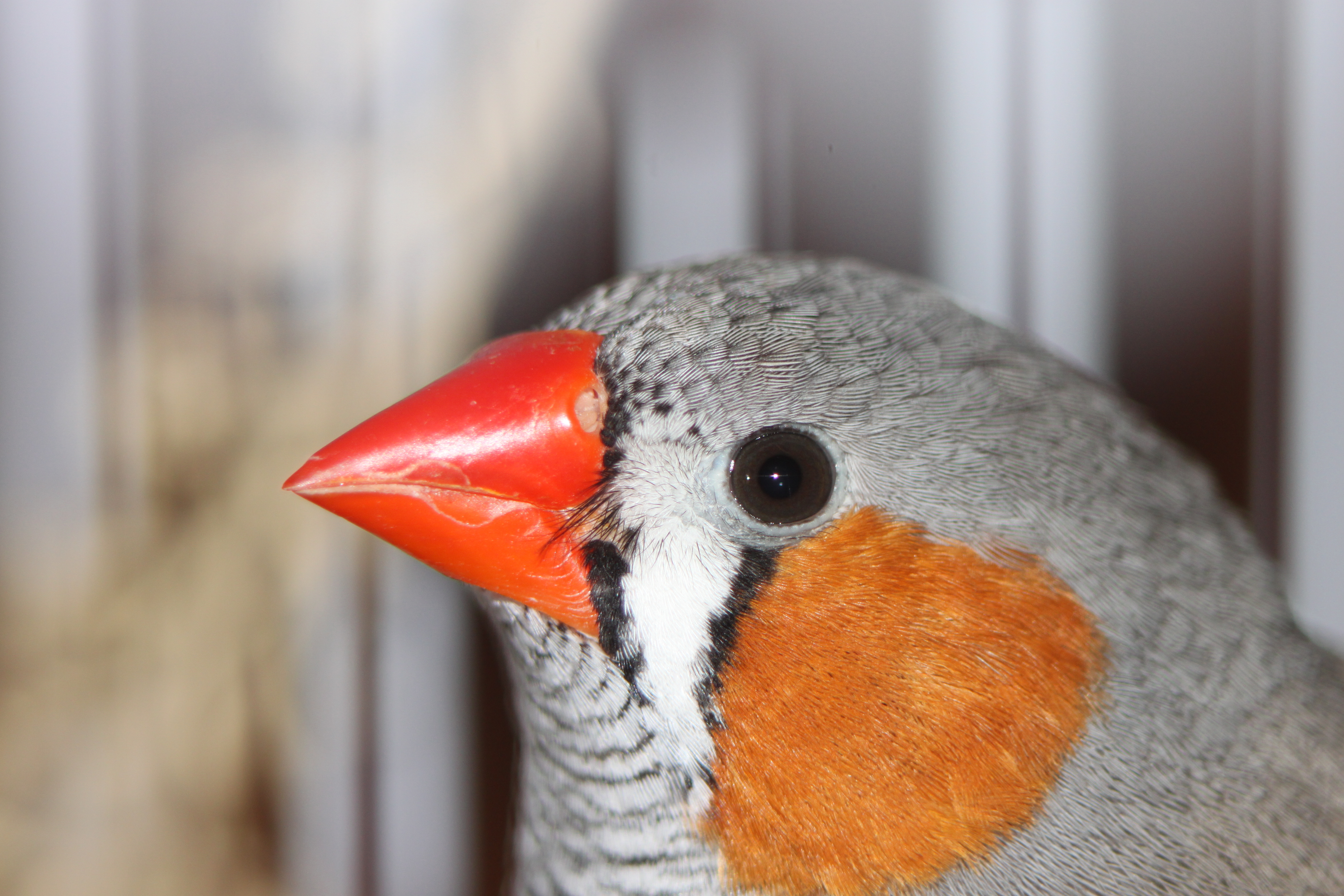
Proper care and preventive measures are crucial for the well-being and longevity of our avian companions. By focusing on key areas such as diet, veterinary care, environment, and stress reduction, we can significantly reduce the risk of sudden death in birds.
Proper Diet and Nutrition
A balanced and species-specific diet is vital for promoting optimal health in birds. Consider the following tips:
- Nutritional Needs: Meet your bird’s specific nutritional requirements by providing a combination of high-quality bird pellets or formulated diets, fresh fruits, vegetables, and seeds.
- Variety: Offer a diverse range of foods to ensure a well-rounded nutritional intake and overall health.
- Avoid Toxic Foods: Keep birds safe by avoiding toxic foods like chocolate, caffeine, onion, garlic, avocado, and alcohol.
- Weight Management: Monitor your bird’s weight and body condition regularly to prevent health issues. Consult with your veterinarian for guidance on portion sizes and feeding frequency.
Regular Veterinary Checkups
Regular visits to an avian veterinarian are crucial for maintaining your bird’s health. Consider the following tips:
- Comprehensive Examinations: Schedule routine checkups to assess your bird’s overall health, detect early signs of illness, and identify underlying conditions.
- Vaccination and Parasite Control: Follow recommended vaccination and parasite control protocols to protect your bird from infectious diseases and parasites.
- Prompt Communication: Discuss any changes in your bird’s behavior, appetite, or physical appearance with your veterinarian for early intervention.
Clean and Safe Environment
Maintaining a clean and safe living environment is essential for your bird’s well-being. Consider the following guidelines:
- Hygiene Practices: Regularly clean and disinfect your bird’s cage, perches, toys, and feeding bowls using avian-safe disinfectants.
- Fresh Water: Provide fresh and clean water daily, changing it regularly to prevent bacterial growth.
- Toxic Substances: Be cautious of exposing your bird to toxic substances such as fumes from non-stick cookware, household pesticides, and tobacco smoke.
- Eliminate Hazards: Remove potential hazards from your bird’s environment, such as open windows, electrical cords, and small objects that can be ingested or cause injury.
Stress-Reducing Activities
Engaging in stress-reducing activities can promote your bird’s emotional well-being. Consider the following tips:
- Enrichment: Provide a stimulating environment with toys, perches, and activities that cater to your bird’s natural instincts.
- Social Interaction: Spend quality time with your bird, offering companionship, gentle handling, and positive reinforcement.
- Consistent Routine: Establish a consistent daily routine for your bird, including regular feeding times, playtime, and sleep.
By implementing these preventive measures and creating a nurturing environment, you can significantly reduce the risk of sudden death in birds. Remember, the well-being of our feathered friends relies on our commitment to providing them with proper care, attention, and a safe living environment.
Conclusion

In conclusion, understanding the causes and diagnosis of sudden death in birds and implementing prevention strategies is crucial for the well-being of these fascinating creatures. By summarizing the key points and emphasizing the importance of proper care, we can ensure a safer and healthier environment for our feathered companions.
Summary
Throughout this article, we explored the various factors contributing to sudden bird death. These include disease, nutrition, stress, injuries, and poisoning. By being vigilant and proactive, bird owners can protect their companions and promote their overall well-being.
We also discussed the significance of diagnosing the cause of sudden death through a necropsy and considering a bird’s history and environment. Testing samples is essential for gaining insights and preventing similar incidents.
In the prevention section, we highlighted the critical role of a proper diet, regular veterinary checkups, and a clean, safe environment. Engaging birds in stress-reducing activities is also important for their well-being.
Importance of Proper Care for Birds
Birds require dedicated care and attention to thrive. As responsible owners, it is our duty to meet their specific needs, including a balanced diet, regular veterinary visits, and mental stimulation through toys and social interaction. Nurturing their well-being goes beyond the surface level and requires a deep understanding of their unique requirements.
Seeking Veterinary Help

If you have concerns about your bird’s health or have experienced sudden bird death, seek the expertise of a qualified avian veterinarian. They can diagnose and treat avian illnesses effectively, provide tailored advice, and guide you through treatment plans.
Final Thoughts
We extend our condolences to those who have lost a beloved bird. Losing a pet can be emotionally challenging, and it’s important to find support in fellow bird owners, avian communities, and online forums. Cherish the memories and the joy your bird brought into your life.
In conclusion, by being proactive, seeking professional assistance when needed, and embracing responsible ownership, we can provide our avian friends with the love and care they deserve. Together, we can create a safer environment and enrich both their lives and ours.
Frequently Asked Questions
Q: Why did my bird suddenly die without any signs of illness?
A: Sudden death in birds without prior signs of illness can be caused by various factors such as trauma, disease or infection, toxicity, internal organ failure, environmental factors, or nutritional deficiencies. It is important to investigate the cause to prevent similar incidents and ensure the well-being of other birds in the same environment.
Q: What are some common diseases that can lead to sudden death in birds?
A: Birds can be susceptible to diseases such as avian influenza, psittacosis, aspergillosis, salmonellosis, and viral infections like polyomavirus and West Nile virus. These diseases may not always exhibit visible symptoms before sudden death. Monitoring for signs of respiratory distress, lethargy, decreased appetite, feather abnormalities, or sudden death without prior indications of illness is important.
Q: How can nutrition and diet affect sudden death in birds?
A: Proper nutrition and a well-balanced diet are crucial for a bird’s overall health and reducing the risk of sudden death. Inadequate nutrition and deficiencies in essential nutrients weaken the immune system, making birds more susceptible to diseases. Providing a diverse diet that includes fruits, vegetables, seeds, and species-specific pellets tailored to their specific needs is essential.
Q: Can stress contribute to sudden death in birds?

A: Yes, stress can have detrimental effects on a bird’s health and potentially lead to sudden death. Factors such as changes in the environment, loud noises, excessive handling, overcrowding, lack of mental stimulation, or the presence of predators can contribute to stress. Prolonged stress weakens the bird’s immune function, increases susceptibility to infections, and causes physiological imbalances.
Q: How can I prevent sudden death in birds?
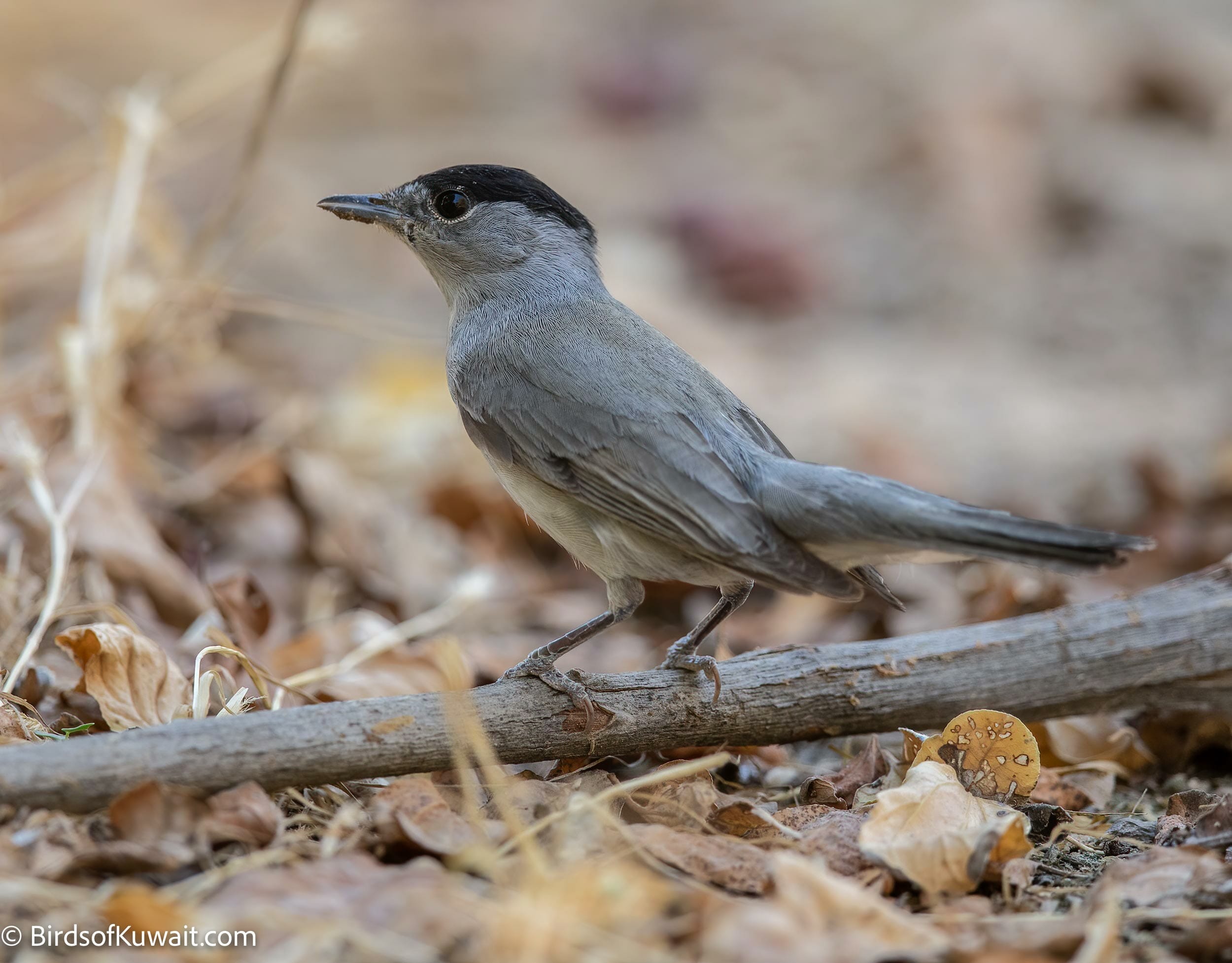
A: To prevent sudden death in birds, it is important to focus on key areas such as providing a proper diet and nutrition, regular veterinary checkups, maintaining a clean and safe environment

Leave a Reply